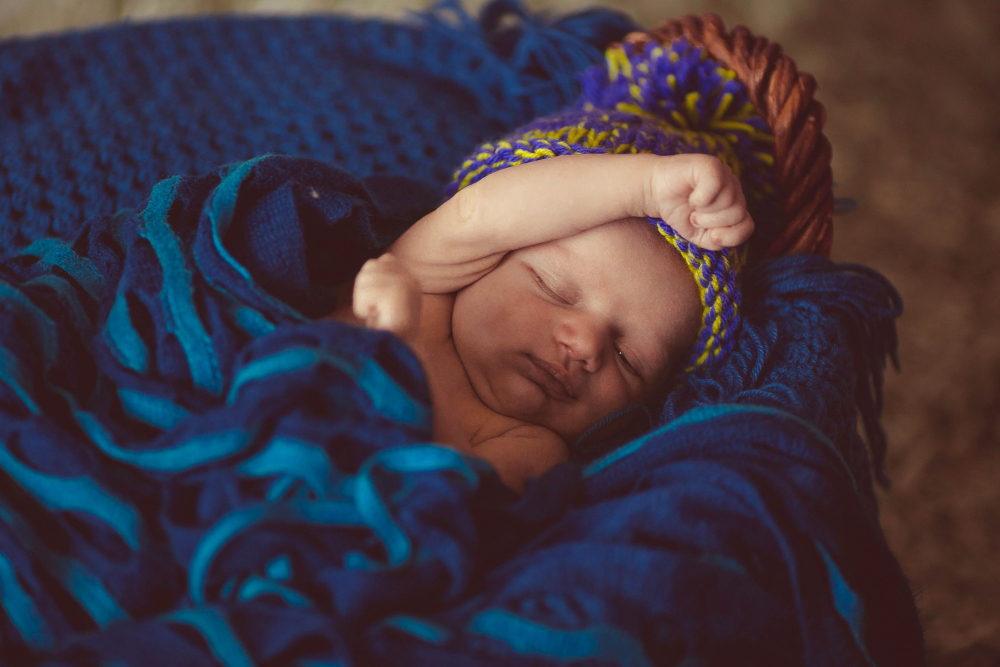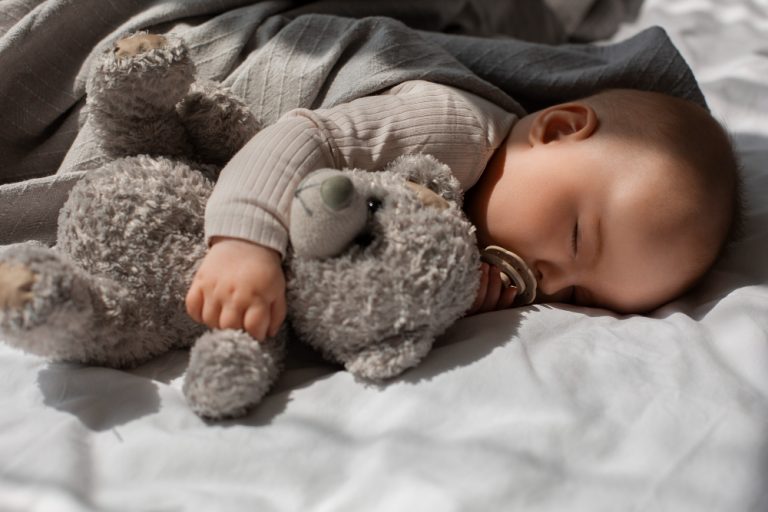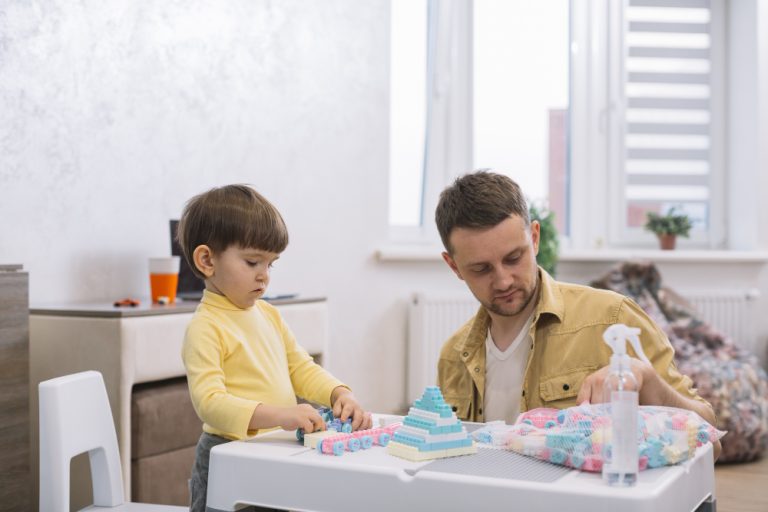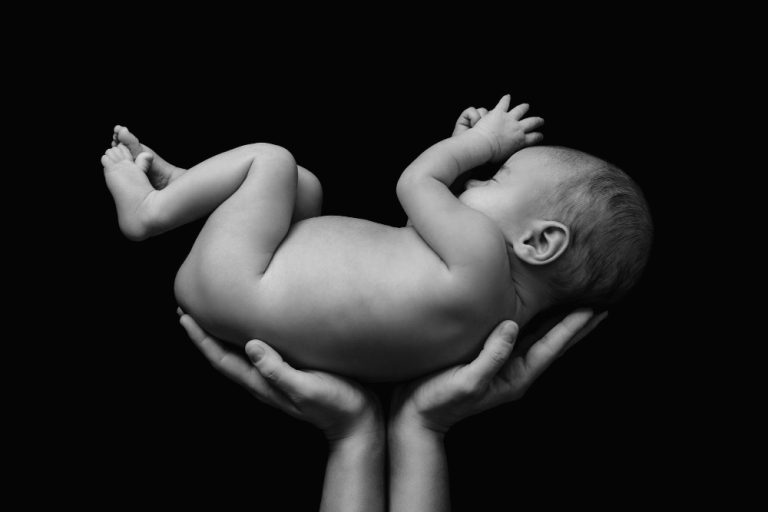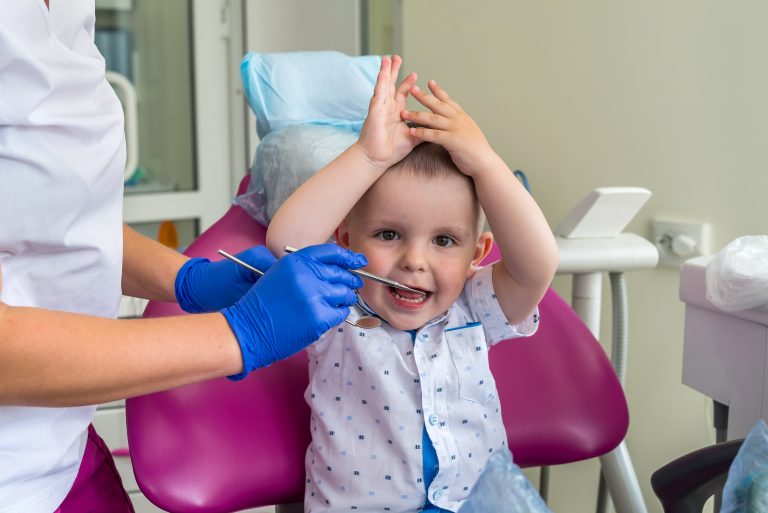When Do Babies Start To Dream? Understanding Baby’s Sleep
As a new parent, witnessing your baby’s fascinating sleep patterns is a nightly ritual. From rapid eye movements (REM) to periods of peaceful slumber, understanding your baby’s sleep stages can feel like deciphering a secret code. One question that frequently pops up is when do babies start to dream?
This article delves into the world of baby dreams, exploring the science behind what might be happening inside your little one’s mind during sleep. We’ll explore research on sleep stages, delve into theories about what babies dream about and when do babies start to dream, and offer practical tips to ensure your baby gets the quality sleep they need to thrive.
The Science of Sleep and Dreaming

Sleep is essential for everyone, but it plays a particularly crucial role in a baby’s development. During sleep, a baby’s brain consolidates memories, processes information learned throughout the day, and supports physical growth. Sleep can be broadly categorized into two stages: REM sleep and non-REM sleep.
- REM Sleep (Rapid Eye Movement Sleep)
This stage is characterized by rapid eye movements, increased brain activity, and muscle paralysis (except for the eyes). It’s during REM sleep that adults experience the most vivid dreams. Brain scans show that during REM sleep, areas associated with emotion and memory processing are particularly active.
- Non-REM Sleep
This stage consists of three progressively deeper sleep stages. During non-REM sleep, brain activity slows, and the body enters a state of repair and restoration. The deepest stage of non-REM sleep is crucial for physical growth and hormone regulation.
Do Newborns Dream?
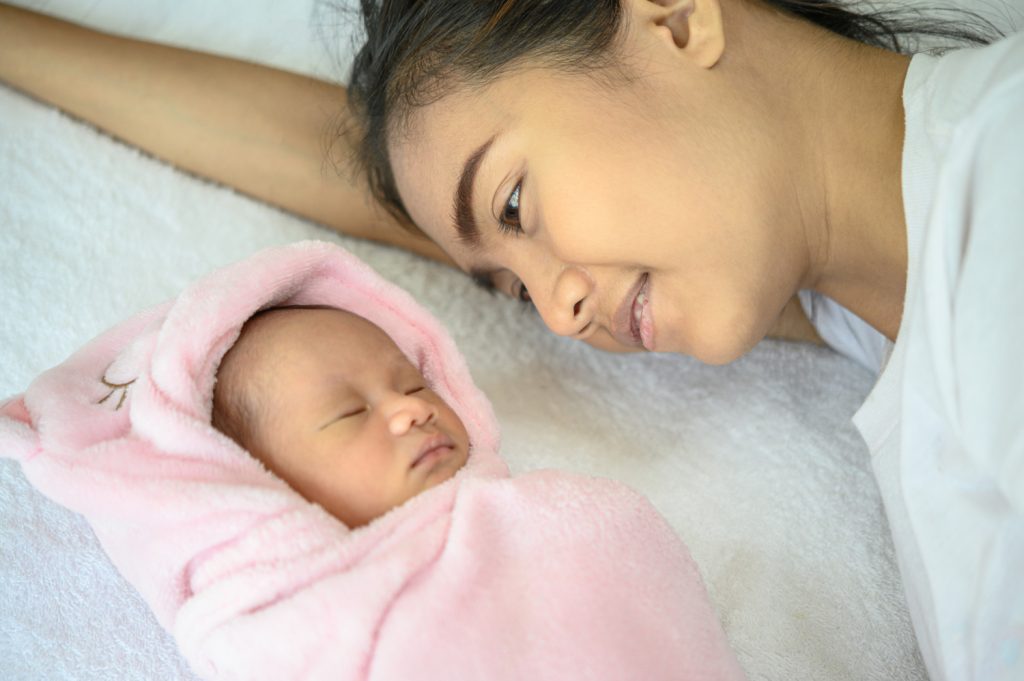
While there’s no definitive answer to when babies start dreaming, some evidence suggests they might begin dreaming very early in life. Here’s what we know:
- Newborns spend a significant amount of time in REM sleep
Newborns spend a whopping 50% of their sleep time in REM sleep, compared to adults, who only spend around 20%. This high percentage suggests that some form of brain activity might be occurring during this stage, even if it doesn’t resemble adult dreaming.
- Brain activity during REM sleep
Studies using brain imaging techniques have shown similar brain activity patterns in newborns and adults during REM sleep. This suggests that some form of processing might be happening in the developing brain, even if the content of those dreams is vastly different from adult experiences.
What Do Babies Dream About?
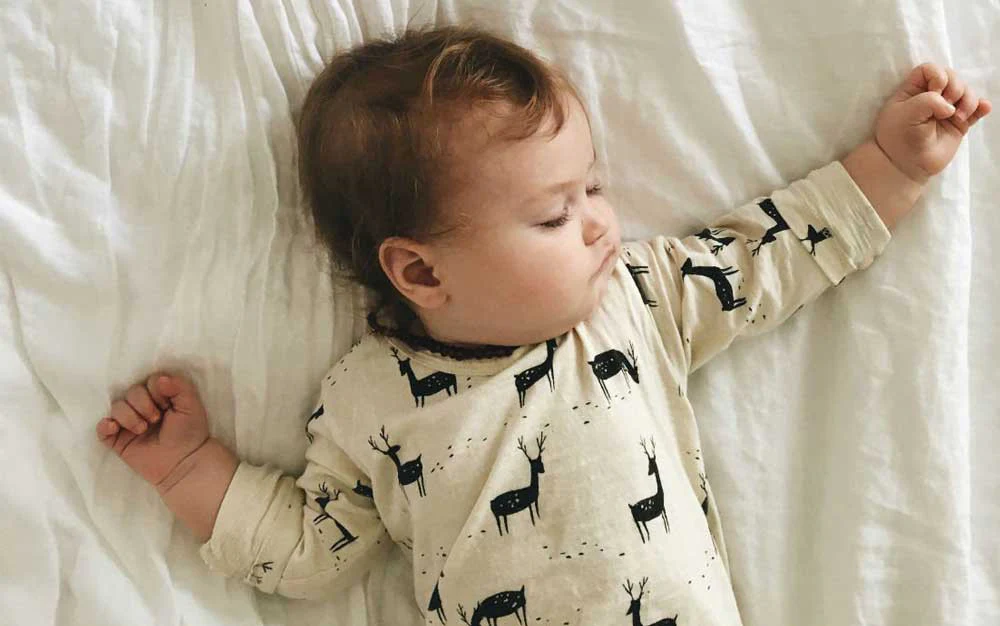
Unfortunately, due to the limitations of research, it’s impossible to know exactly what babies dream about. However, experts believe that babies’ dreams are likely very different from those of adults.
Here are some theories:
- Simple sensory experiences
Since babies are still experiencing the world through their senses, their dreams might involve basic sensory experiences like sights, sounds, and movements they’ve encountered during the day. Imagine a dream filled with the comforting rhythm of a rocking chair or the bright colors of a favorite mobile.
- Fragmented experiences
Babies’ brains are still developing, so their dreams might be fragmented and lack the narrative structure of adult dreams. Instead of a cohesive storyline, a baby’s dream might be a collection of sensory impressions and emotions.
- Emotional experiences
Some experts believe that babies might process emotions through dreaming, even if they can’t express them verbally. Perhaps a dream helps them make sense of a new experience or a feeling of frustration.
When Do Babies Start To Dream: Developmental Progression of Dreaming
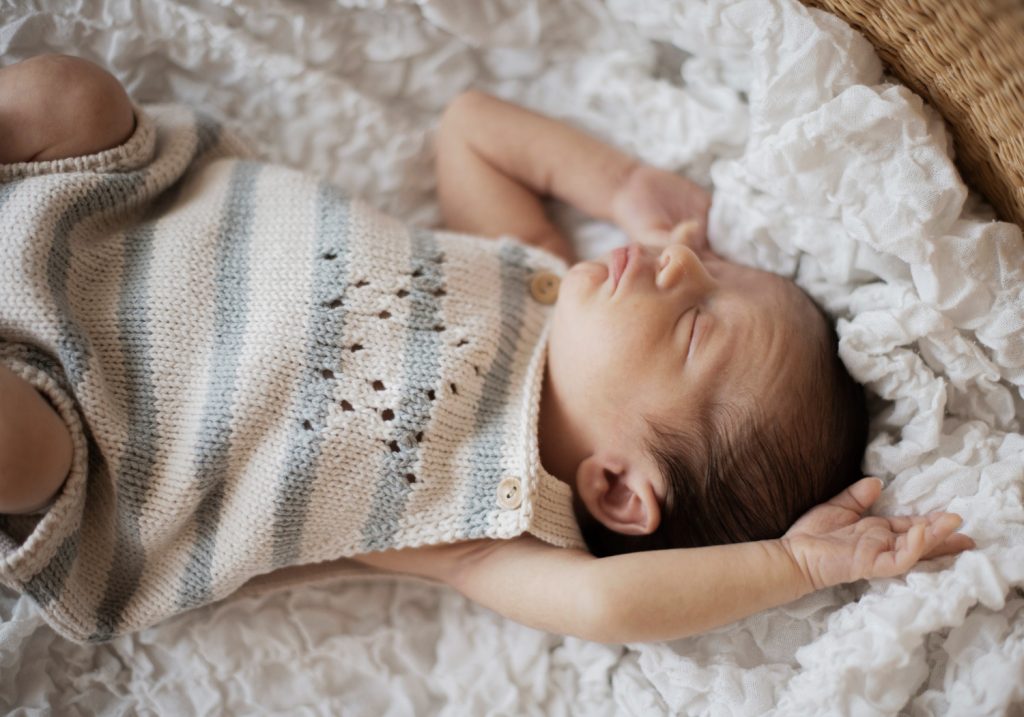
As your baby grows and develops, their sleep patterns and dreaming experiences likely evolve as well. Here’s a general timeline:
- Newborns – 3 months
Spend a high amount of time in REM sleep, with potential for basic dream experiences. These dreams might be sensory-based and fragmented.
- 3 months – 1 year
Sleep patterns become more consolidated, with REM sleep decreasing slightly. Dreams may become more complex and involve emotional processing. As babies start to interact more with the world, their dreams might reflect those experiences.
- 1 year and beyond
Sleep patterns become closer to those of adults. Dreams may involve more narrative structure and storytelling elements. Toddlers might start to report fragments of dreams, although these might still be difficult to interpret for adults.
Understanding Your Baby’s Sleep

While it’s fascinating to think about what might be happening in your baby’s mind during sleep, the most important thing is to ensure they get enough quality sleep. Here are some tips:
- Establish a consistent sleep routine
This helps regulate your baby’s body clock and promotes better sleep. Create a calming bedtime routine that includes activities like a warm
- Warm bath and massage
A warm bath can be a relaxing way to signal bedtime and prepare your baby for sleep. Following the bath, a gentle massage can further promote calmness and relaxation.
- Dim the lights
Exposure to bright light can suppress melatonin production, a hormone that regulates sleep-wake cycles. Dim the lights in the hour leading up to bedtime to create a sleep-conducive environment.
- Create a calming sleep space
Make sure your baby’s sleep space is quiet, dark, and at a comfortable temperature. Avoid using electronics or stimulating toys in the crib.
- Put your baby down drowsy but awake
This helps your baby learn how to fall asleep independently. Rock or cuddle your baby until they are drowsy, then place them in their crib awake but calm. They may fuss for a short time, but with consistent practice, they will learn to self-soothe and fall asleep on their own.
Additional Tips for Promoting Quality Sleep

- Ensure a predictable daily schedule
This includes consistent nap times and wake times, even on weekends. Predictability helps regulate your baby’s body clock and promotes better sleep.
- Avoid stimulating activities before bedtime
Avoid playing rough games or watching stimulating shows close to bedtime. Opt for calming activities like reading a book or singing lullabies.
- Make sure your baby is fed and comfortable
A hungry or uncomfortable baby will struggle to sleep. Ensure your baby is fed and has a clean diaper before bedtime.
- Respond to your baby’s cues
Learn to recognize your baby’s sleep cues, such as yawning or fussiness. Responding promptly to these cues can help your baby fall asleep more easily and avoid overtiredness.
When to Talk to Your Pediatrician
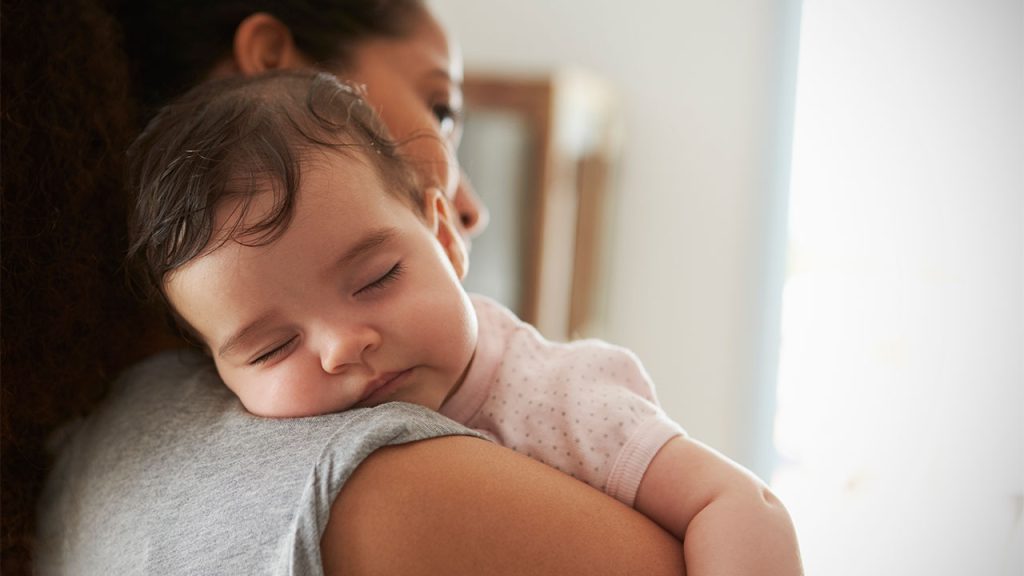
If you have concerns about your baby’s sleep patterns, consult your pediatrician. Here are some signs that might warrant a conversation:
- Difficulty falling asleep or staying asleep consistently
- Excessive crying during bedtime
- Frequent night wakings
- Daytime sleepiness despite adequate nighttime sleep
- Snoring or breathing difficulties during sleep
Your pediatrician can help identify any underlying medical conditions that might be affecting your baby’s sleep and offer guidance on establishing healthy sleep habits.
The Importance of Quality Sleep for Babies
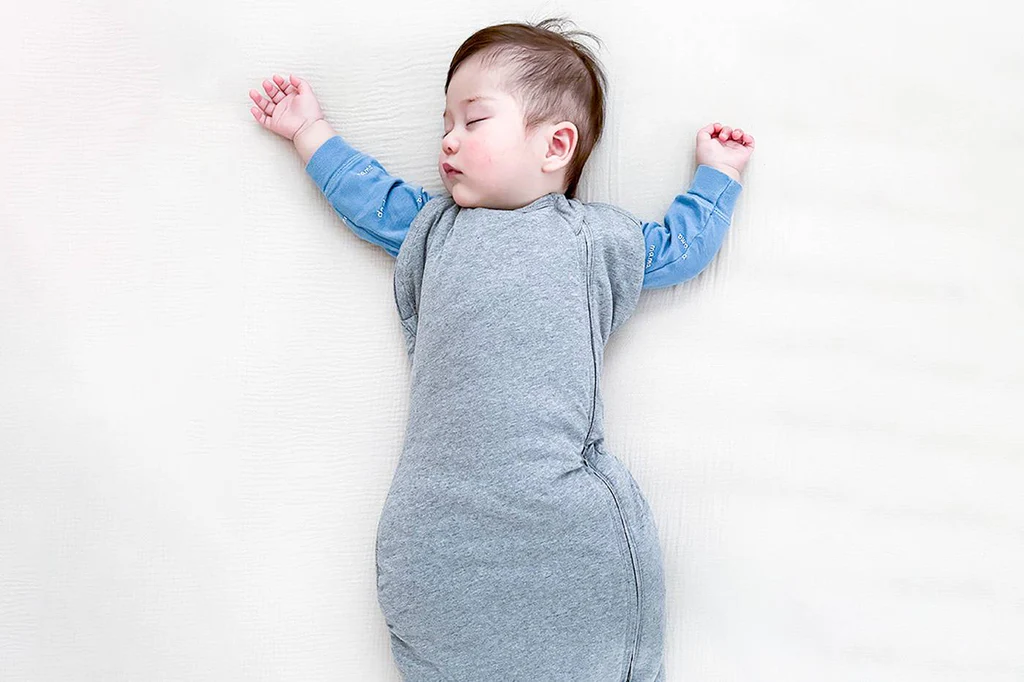
Just like adults, babies thrive on quality sleep. Sufficient sleep allows their brains to develop, supports physical growth, and promotes emotional well-being. Here are some benefits of good sleep for babies:
- Enhanced cognitive development
During sleep, the brain consolidates memories and processes information learned throughout the day. This is crucial for cognitive development and learning.
- Physical growth and repair
Growth hormone is released during sleep, which is essential for physical growth and development. Sleep also allows the body to repair tissues and restore energy.
- Emotional regulation
Sleep deprivation can lead to irritability and difficulty managing emotions. Getting enough sleep helps babies regulate their emotions and develop healthy coping mechanisms.
- Improved immune function
Studies have shown that sleep deprivation can weaken the immune system. Getting enough sleep helps babies fight off infections and stay healthy.
The Final Note: When Do Babies Start To Dream
Understanding your baby’s sleep patterns and promoting healthy sleep habits is an essential part of parenting. While the exact content of baby dreams remains a mystery, ensuring your little one gets enough quality sleep is crucial for their overall development and well-being.
Remember, every baby is unique. Their sleep patterns and development will vary. If you have any concerns, don’t hesitate to reach out to your pediatrician.
Sweet Dreams!
We hope this article has provided valuable information about when do babies start to dream. Understanding your little one’s sleep needs is crucial as they venture on this incredible journey of development.
Do you have any questions or tips about baby sleep? Share your experiences in the comments below! We’d love to hear from you.
Parenting VIP: Empowering Parents, Raising Happy and Healthy Children
At Parenting VIP, we understand the challenges and joys of parenthood. We provide evidence-based information and practical tips to help you navigate every stage of your child’s development. Visit our website for more articles, resources, and a supportive community of parents.
Book Recommendations
Looking for more information about baby sleep? Here are a few resources you might find helpful:
- “Healthy Sleep Habits, Happy Child” by Dr. Marc Weissbluth
- “The Happiest Baby on the Block” by Harvey Karp
- “Precious Little Sleep” by Alexis Dubé

